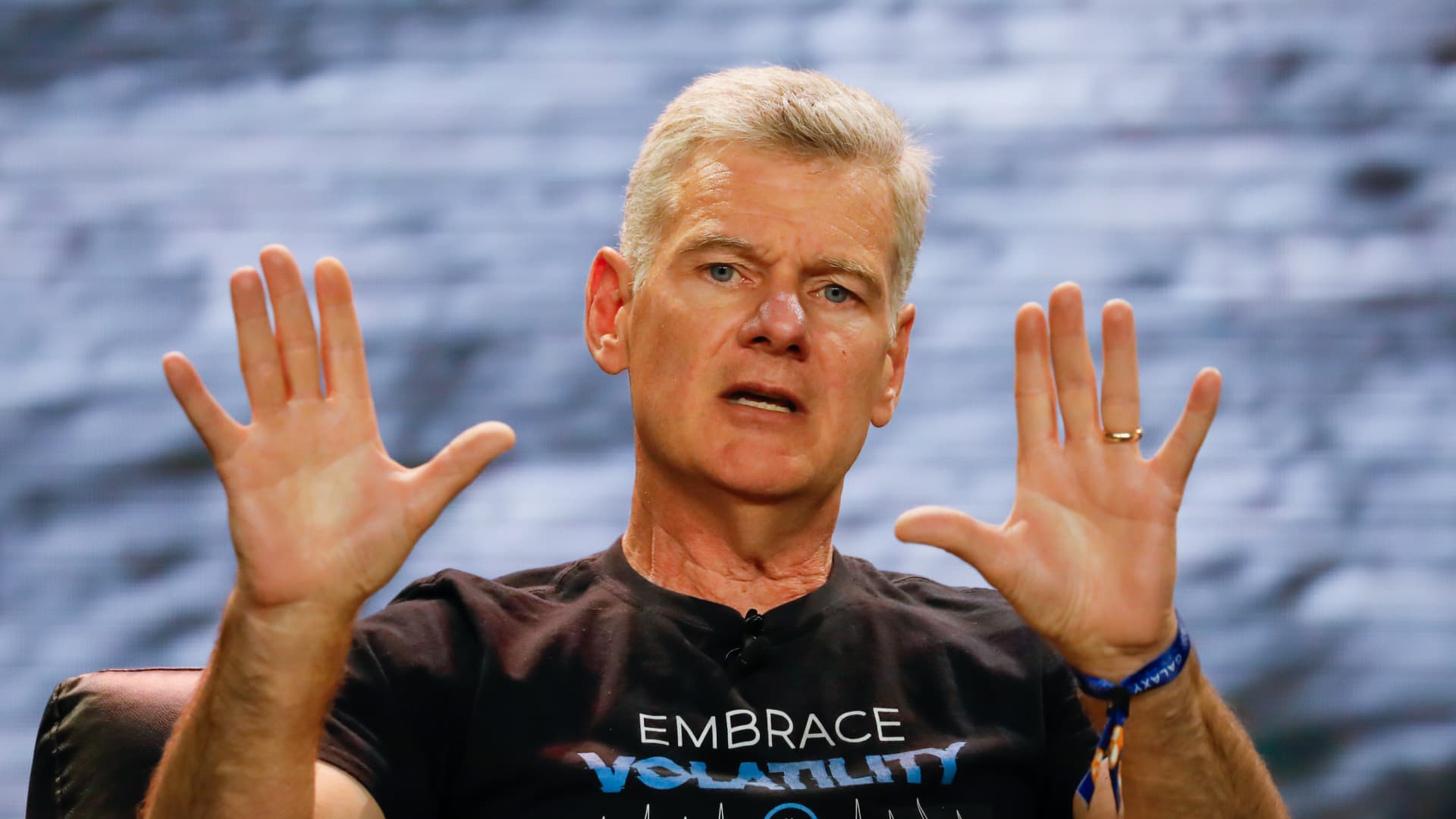Abbas Seeks U.S. Pressure on Prisoners
"While we and the Israelis have progressed in rebuilding our bilateral relations, trust remains fragile," Abbas told the Council on Foreign Relations on the eve of his meeting with U.S. President George Bush.
"Neutral third-party monitoring and verification will be essential to rebuild this confidence and to avoid misunderstandings and unnecessary crises."
He charged that to this point, the Israelis have shown a "pattern of hesitant implementation" of the roadmap.
Abbas urged Israel to complete its withdrawal from Palestinian-controlled areas, release Palestinian prisoners, lift the siege imposed on Palestinian President Yasser Arafat and give the Palestinian people greater freedom of movement.
He stressed that continued Israeli settlement building in occupied Palestinian areas "will make a sovereign, viable Palestinian state impossible and will permanently destroy the prospects of permanent peace and an end to the Palestinian-Israeli conflict."
The Palestinian prime minister underlined that "nothing less than a full settlement freeze will do because nothing less than a full settlement freeze will succeed."
He cautioned that unless Israel takes the required steps down the road to peace, "then it is basically reaffirming and reinforcing the occupation.
"If occupation were to continue, then the Palestinian Authority will be put in a very dangerous and embarrassing situation, a situation no one would envy," Abbas said.
He reaffirmed the commitment by the main Palestinian resistance groups to the truce they recently declared, adding that "the minor breaches are dealt with promptly and forcefully."
While thanking the Bush administration for freeing up $20 million in aid to the Palestinian government, Abbas said he would push for more financial assistance.
"We do ask from the United States, and do hope that the United States will provide us, with additional assistance in order to rebuild the institutions that have been destroyed in the past several years," he said.
In an interview with CNN’s Christiane Amanpour, the Palestinian premier warned of "frustration" among Palestinians if he was unable to coax Bush into pressing Israel to take more concrete steps to implement the internationally-backed plan.
"They expect us to bring these results," Abbas said.
"Everybody is prepared to move forward with the peace process through the roadmap. However, if they feel that there is no response or no commitment on the American side — and I hope this will not happen — then the situation would be quite difficult. And I and my government will be in a very difficult situation."
On requests he would put forward during his meeting with Bush on Friday, July 25, at the White House, Abbas said: "I would like him to work on persuading Israel to freeze settlement activity and to stop building the wall and … to convince them to release the prisoners because this is an issue of high sensitivity to us. These are the issues that we want."
The Palestinian premier was referring to a separation wall built by Israel in the West Bank allegedly to stave off Palestinian attacks against its interests.
Washington sympathizes with Abbas on Jewish settlements and the separation wall.
"There’s not a lot of enthusiasm in this town for a fence… This is a real issue, or it has the makings of becoming a real issue (between Israel and the United States), were the fence to follow the route that many people say it will," said a senior U.S. official, who asked not to be named.
Admitting this, Israeli Foreign Minister Silvan Shalom said after a meeting in Washington with Secretary of State Colin Powell that a "misunderstanding is developing with the Americans on this fence."
So far the United States has concentrated on persuading Israel to dismantle small settler outposts in the West Bank but another official said this could change.
"We are also getting to the point of taking up the issue of settlements per se and growth," the official said.
Palestine Maps
In order to give Bush a first hand knowledge of the situation on the ground, Abbas said he would come to the White House with maps showing the locations of the wall, as well as Israeli settlements and more than 160 Israeli checkpoints situated in occupied Palestinians areas.
"These things have to be concrete in front of the eyes of the president. We don’t want to talk about these things in a void," he said.
"It is necessary for him to see the maps to reinforce what we are talking about so he can see those issues that we are suffering from. I believe this is beneficial to us and to the president."
Dahlan-Rice
Visiting Palestinian Minister of State For Security Affairs Mohammed Dahlan met Thursday with U.S. National Security Adviser Condoleezza Rice for talks that focused on a program to buy back weapons from armed Palestinian groups, reported AFP quoting Palestinian sources.
On June 7, Dahlan categorically denied Israeli media reports that he was to offer armed Palestinian groups six thousand dollars apiece for guns they possess in a bid to rid the Palestinian territories of “illegal” arms.
The report suggested he received money from the U.S. and British governments and from the European Union to fund the program.
The Palestinian sources also said Dahlan urged Rice to put pressure on Israel to ensure that Israeli weapons dealers do not sell arms to Palestinians.
They added that Dahlan was to meet CIA Director George Tenet later Thursday.


